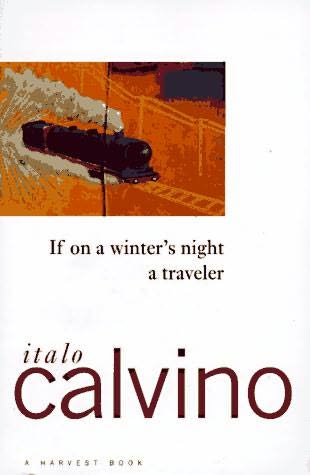Blog by Natalya Gornopolskaya
“The Garden of Forking Paths”
This story is very distinct and unlike the others it contains new elements, further than just the concept of a labyrinth. It begins with a man who is on the run from his enemy Captain Richard Madden. Though it is not stated explicitly, the narrator must have committed some sort of desperate war crime which has forced him to go into hiding until he can mitigate the threat posed by Capt. Richard Madden. While wandering on his escape path he comes across a garden that reminds him of his ancestor Ts’ui Pen. Ts’ui Pen dedicated the last thirteen years of his life to seclusion inside the Pavillion of Limpid Solitude. He wanted to create both a novel and a labyrinth. The narrator remarks that his labyrinth was never found and his novel was published but made no sense. Within the garden the narrator encounters a man named Stephen Albert, who uncovers the mysteries of his ancestor Ts’ui Pen. It turns out that Ts’ui Pen did in fact fulfill his life’s goal; his nonsense novel was actually “the garden of forking paths”, a labyrinth within a book. The novel contains various paths in which the main character either dies, lives, meets his enemy, kills his enemy or even coexists with his enemy. The possibilities are endless, because the story always ends the same way it began, taking you on a new path each time. The narrator realizes that his ancestor’s novel applies to his current predicament, and with that in mind he shoots Albert with a revolver just as Madden enters the room. The story ends just as it began with the narrator on the run from his enemy. Perhaps the next path will involve the narrator confronting Madden or maybe he will be captured and killed. There’s no telling what’s going to happen next. This story was thrilling to say the least and I believe Borges has truly outdone himself. The message here is that life is simply a labyrinth of limitless intersecting paths.
The blog for SUNY Binghamton's Spring'09 COLI 214B 02 Literature and Society Class. Chapter summaries, analyses and discussion of prescribed texts written by students.
Wednesday, April 15, 2009
Subscribe to:
Post Comments (Atom)






No comments:
Post a Comment